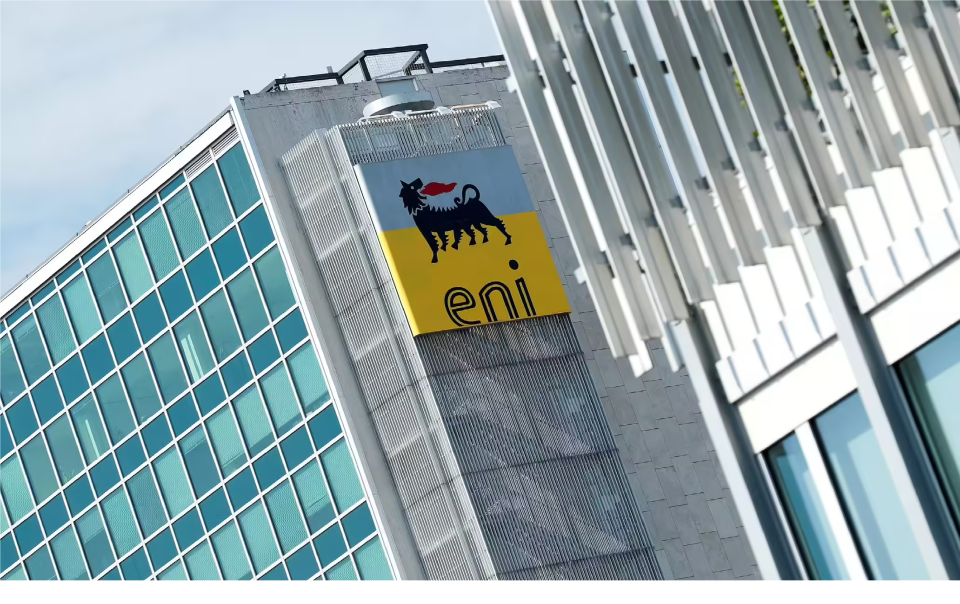By Victor Uchechukwu
Eni says it has received approval from the Italian Ministry of the Environment and Energy Security to convert selected units at the Sannazzaro de’ Burgondi (Pavia) refinery into a biorefinery. Eni also said it has already started the authorization process and has filed an application for Environmental Impact Assessment (VIA).
EWI (Media) learnt, through an email from the Italian energy firm that the project would involve converting the existing Hydrocracker (HDC2) unit using “Ecofining” technology and constructing a pre-treatment unit for waste and residues which are the main biogenic feedstocks used by Enilive in the production of HVO biofuels.
According to Eni, hydrogen would be sourced from existing plants, while supporting infrastructure – including logistics, will be adapted for the new operations. Adding that traditional fuel production will still continue, alongside the new production of HVO diesel and SAF-biojet for aviation, expected to begin in 2028.
EWI (Media) has also learnt that the new biorefinery isn’t going to impact the capacity of the existing refinery but will rather operate alongside the existing facilities, enhancing the diversification of products.
Eni believes that as soon as the biorefinery becomes operational, it will be demonstrating a processing capacity of 550,000 tonnes/year of feedstock, with flexibility to produce SAF-biojet and HVO diesel. “The plants will process various biogenic feedstocks, mainly waste and residues.” Eni added that it is already the second-largest producer of HVO (Hydrogenated Vegetable Oil) biofuels in Europe, including both diesel and biojet (SAF – Sustainable Aviation Fuel), usually done through Enilive.
Again the new Sannazzaro biorefinery, the company said, would strengthen the site’s strategic role in supplying traditional jet fuel and SAF to north-west Italian airports, via both the pipeline connection to Milan Malpensa airport and depots connected to the refinery near other airports.
Apparently this conversion of parts of the Sannazzaro de’ Burgondi refinery into a biorefinery Eni says, underlines its commitment – through Enilive – to increase biorefining capacity from the current 1.65 million tonnes per year to over 3 million in 2028 and over 5 million in 2030, with the potential to produce up to 2 million tonnes of SAF annually by 2030. “Today, biofuels are produced at Enilive’s biorefineries in Venice and Gela and at the St. Bernard Renewables LLC biorefinery (a 50% joint venture) in Louisiana (USA).”
The company also disclosed of its ambition of putting in place the third Italian biorefinery which according to it is due to come on stream in Livorno in 2026. This will be followed by two plants which it said is already under construction in Malaysia and South Korea, besides the one it said it announced for Priolo, Sicily.

